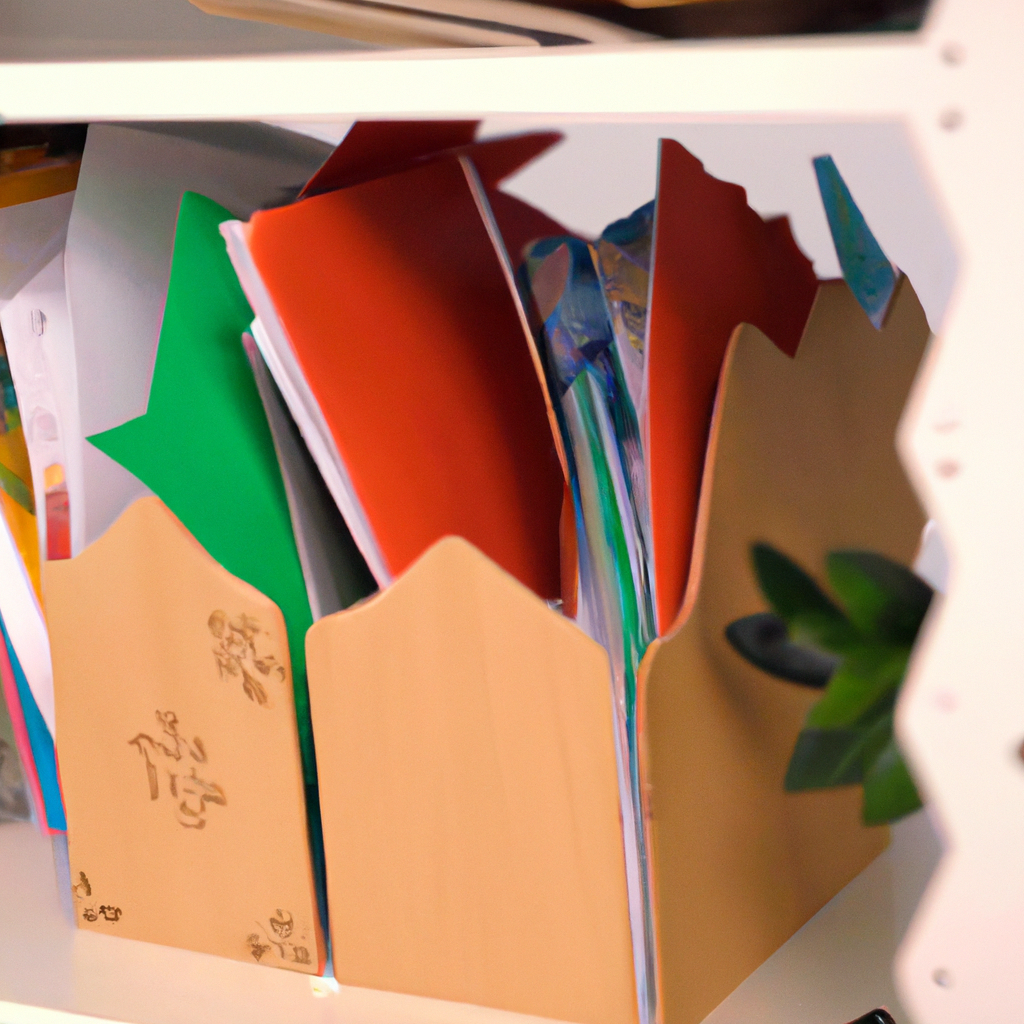Montessori education is a child-centered approach to learning that emphasizes independence, freedom, and respect for the child’s natural development. The principles of Montessori are based on the philosophy of Dr. Maria Montessori, an Italian educator who developed a unique approach to early childhood education in the early 1900s. In this article, we will explore the principles of Montessori education and how they apply to early childhood education.
Principle 1: Respect for the Child
The first principle of Montessori education is respect for the child. This means that the teacher must respect the child’s individuality, capabilities, and pace of learning. In a Montessori classroom, the child is given the freedom to choose their work and to work at their own pace. The teacher’s role is to observe and guide the child, rather than to direct or control their learning.
Principle 2: The Prepared Environment
The second principle of Montessori education is the prepared environment. The classroom is carefully designed to meet the child’s needs and to promote independence, exploration, and discovery. The materials are arranged in a logical order, and the child is encouraged to use them in a purposeful way. The classroom is also kept clean and orderly, to create a peaceful and harmonious atmosphere.
Principle 3: Hands-on Learning
The third principle of Montessori education is hands-on learning. The child learns best through direct experience, using their senses and their hands. The materials in the classroom are designed to be self-correcting, so that the child can learn from their own mistakes. The teacher’s role is to introduce the materials and to guide the child in their use, but not to interfere with the child’s exploration.
Principle 4: Individualized Learning
The fourth principle of Montessori education is individualized learning. Each child is unique and has their own interests, abilities, and learning style. In a Montessori classroom, the teacher observes each child and creates a personalized learning plan based on their needs and interests. The child is encouraged to follow their own interests and to work at their own pace.
Principle 5: Integral Education
The fifth principle of Montessori education is integral education. The child’s education is not limited to academic subjects, but includes all aspects of their development: physical, emotional, social, and spiritual. The Montessori approach emphasizes the development of the whole child, and not just their intellectual abilities. The classroom is designed to promote social interaction and cooperation, and to foster a sense of community.
Principle 6: The Absorbent Mind
The sixth principle of Montessori education is the absorbent mind. This refers to the child’s natural ability to absorb information from their environment. The child’s mind is like a sponge, soaking up everything around them. In a Montessori classroom, the child is given the opportunity to explore and discover, and to learn through their own experiences.
Principle 7: Freedom and Discipline
The seventh principle of Montessori education is freedom and discipline. The child is given the freedom to choose their work and to work at their own pace. However, this freedom is balanced by the need for discipline and self-control. The child is encouraged to develop their own sense of responsibility and to respect the needs of others. The teacher’s role is to provide guidance and support, but not to impose their own will on the child.
Conclusion
In summary, the principles of Montessori education are based on the philosophy of respect for the child, the prepared environment, hands-on learning, individualized learning, integral education, the absorbent mind, and freedom and discipline. These principles are applied in a child-centered approach to early childhood education, which emphasizes independence, freedom, and respect for the child’s natural development. Montessori education has been shown to be effective in promoting academic achievement, social skills, and emotional well-being in young children.







